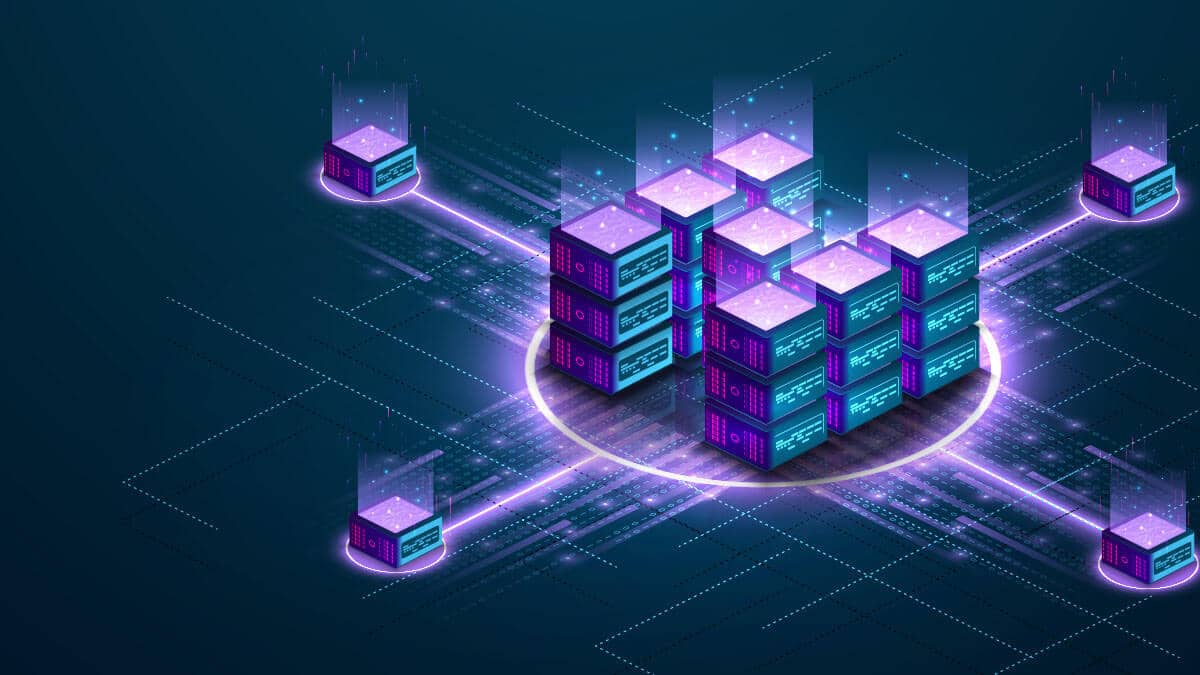Understanding Blockchain Technology
Blockchain, a distributed ledger technology, has emerged as a disruptive force across industries. At its core, a blockchain is a growing list of records, called blocks, which are linked together using cryptography. Each block contains a timestamp and a link to the previous block, creating an immutable and transparent record of transactions.

Key Characteristics of Blockchain
Decentralization: Control is distributed among network participants rather than a central authority.
Immutability: Once data is recorded, it cannot be altered or deleted.
Transparency: All transactions are visible to network participants, ensuring transparency and trust.
Security: Cryptography is used to secure data and verify transactions.
The Role of Blockchain in the Modern World
The potential applications of blockchain technology are vast and varied. Some of the most promising areas include:
Finance: Cryptocurrencies, decentralized finance (DeFi), and tokenization of assets.
Supply Chain Management: Tracking the movement of goods and ensuring transparency.
Healthcare: Securely storing and sharing medical records, managing supply chains, and clinical trials.
Voting Systems: Creating secure and tamper-proof voting systems.
Real Estate: Facilitating property transactions and ownership verification.
Here is a simple smart contract and yes its that easy.
// SPDX-License-Identifier: GPL-3.0 pragma solidity >=0.4.16 <0.9.0; contract SimpleStorage { uint storedData; function set(uint x) public { storedData = x; } function get() public view returns (uint) { return storedData; } }
Becoming a Blockchain Engineer
To embark on a career in blockchain development, a solid foundation in computer science is essential. Here's a roadmap:
1. Master the Fundamentals
Programming Languages: Proficiency in languages like Python, Solidity, or Rust is crucial.
Data Structures and Algorithms: A strong grasp of these concepts is essential for optimizing blockchain applications.
Cryptography: Understanding cryptographic concepts like hashing, encryption, and digital signatures is fundamental.
Networking: Knowledge of network protocols and distributed systems is beneficial.
2. Dive into Blockchain Technology
Core Concepts: Grasp the underlying principles of blockchain, including consensus mechanisms, distributed ledgers, and smart contracts.
Blockchain Platforms: Familiarize yourself with popular platforms like Ethereum, Bitcoin, Hyperledger Fabric, and Solana.
Smart Contracts: Learn to develop smart contracts using languages like Solidity or Vyper.
Decentralized Applications (DApps): Understand the architecture and development of dApps.
3. Develop Practical Skills
Build Projects: Create your own blockchain-based projects to gain hands-on experience.
Contribute to Open Source: Participate in open-source blockchain projects to collaborate with others.
Join Online Communities: Engage with the blockchain community to learn and share knowledge.
Stay Updated: The blockchain landscape is rapidly evolving, so continuous learning is essential.

Challenges and Opportunities
While the potential of blockchain is immense, it also presents challenges:
Scalability: Handling a large number of transactions efficiently remains a hurdle.
Security: Protecting blockchain systems from attacks is crucial.
Regulatory Environment: The regulatory landscape for blockchain is still evolving.
Despite these challenges, the demand for blockchain engineers is growing rapidly. As the technology matures and finds wider adoption, the opportunities for blockchain developers will expand significantly.
The Future of Blockchain
Blockchain technology is still in its early stages, and its full potential is yet to be realized. As the technology matures and becomes more accessible, we can expect to see a wave of innovation across various industries. From supply chain management to finance, healthcare, and beyond, blockchain has the potential to revolutionize how we interact with systems and each other.
Thank you for reading till here. If you want learn more then ping me personally and make sure you are following me everywhere for the latest updates.
Yours Sincerely,
Sai Aneesh

